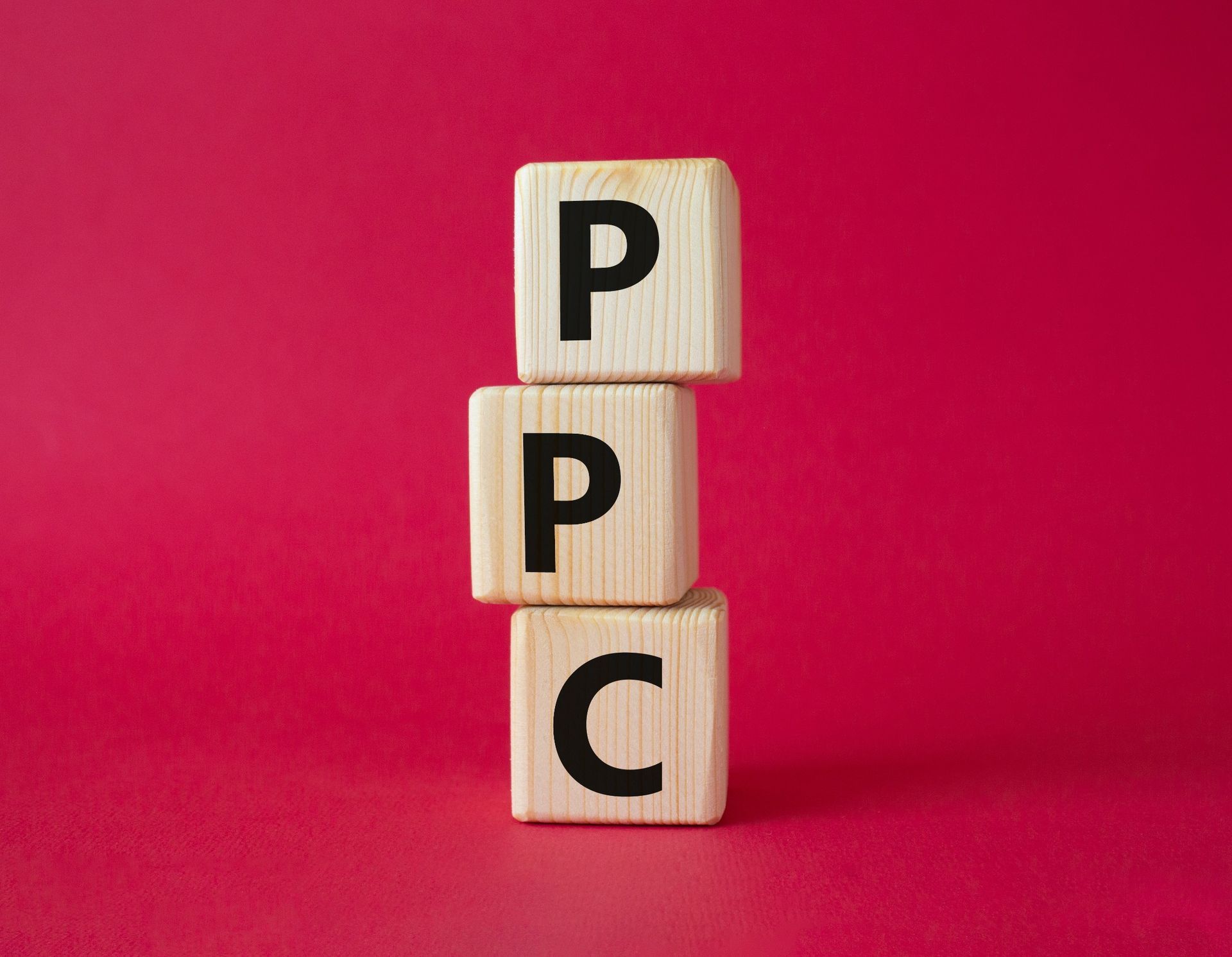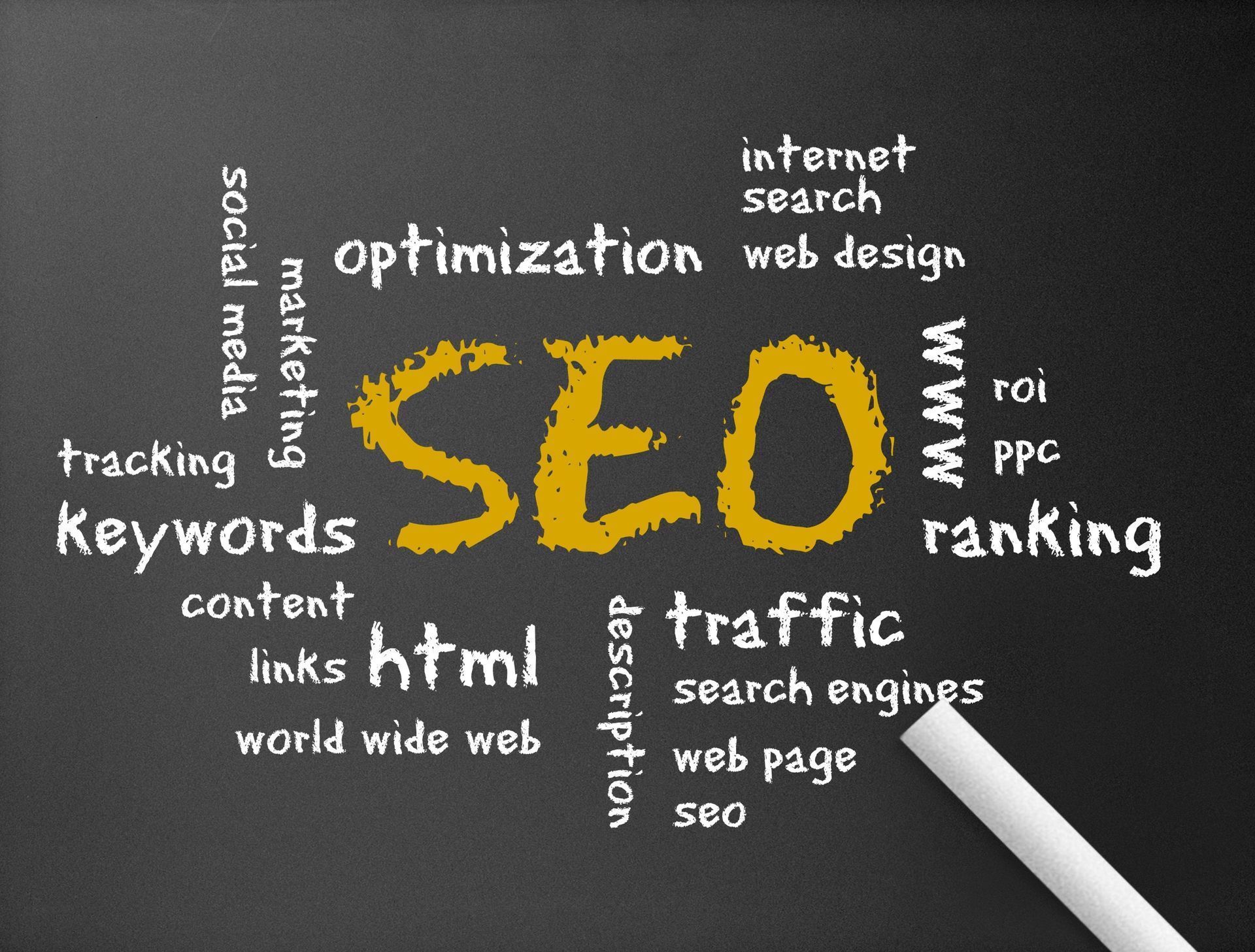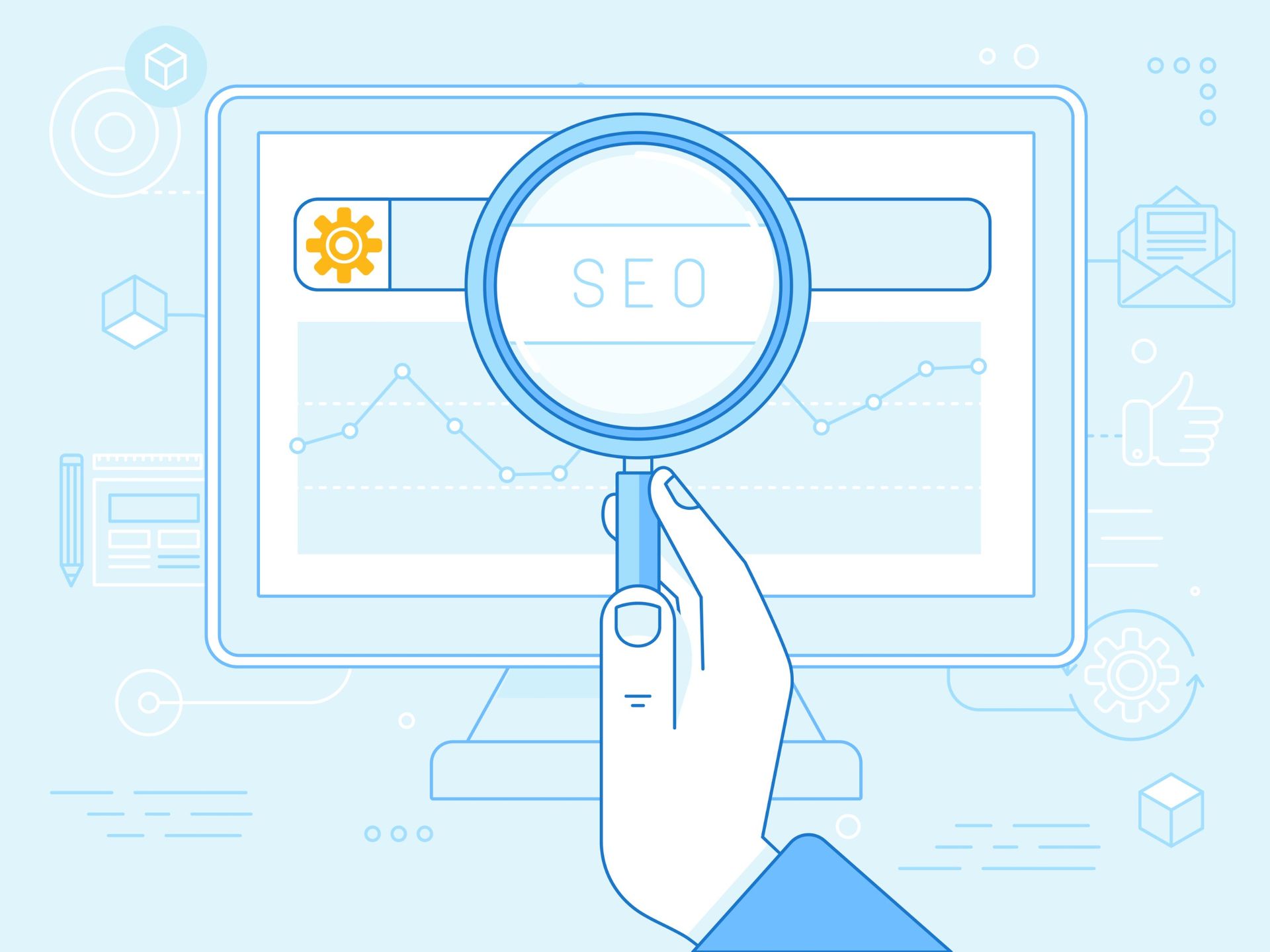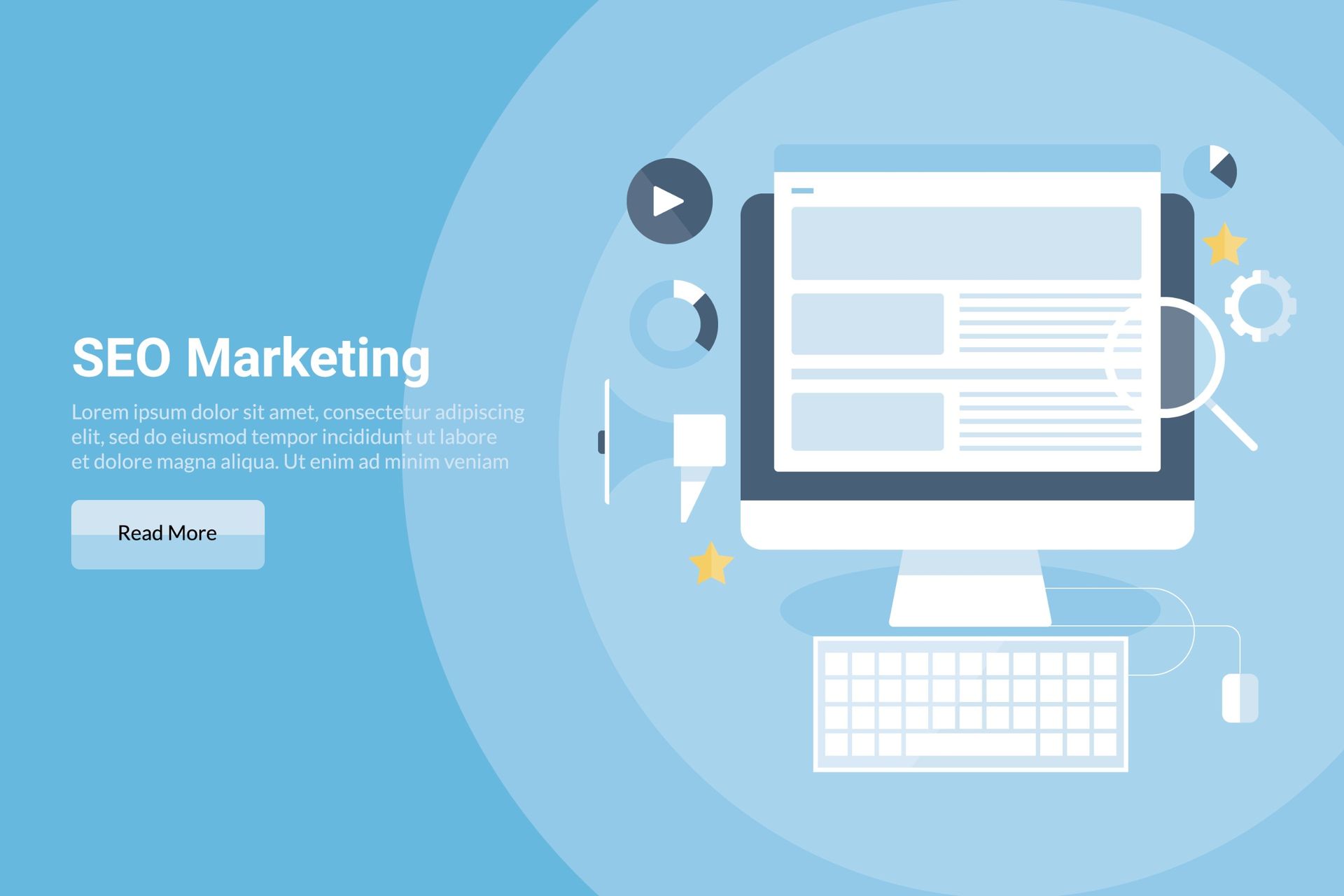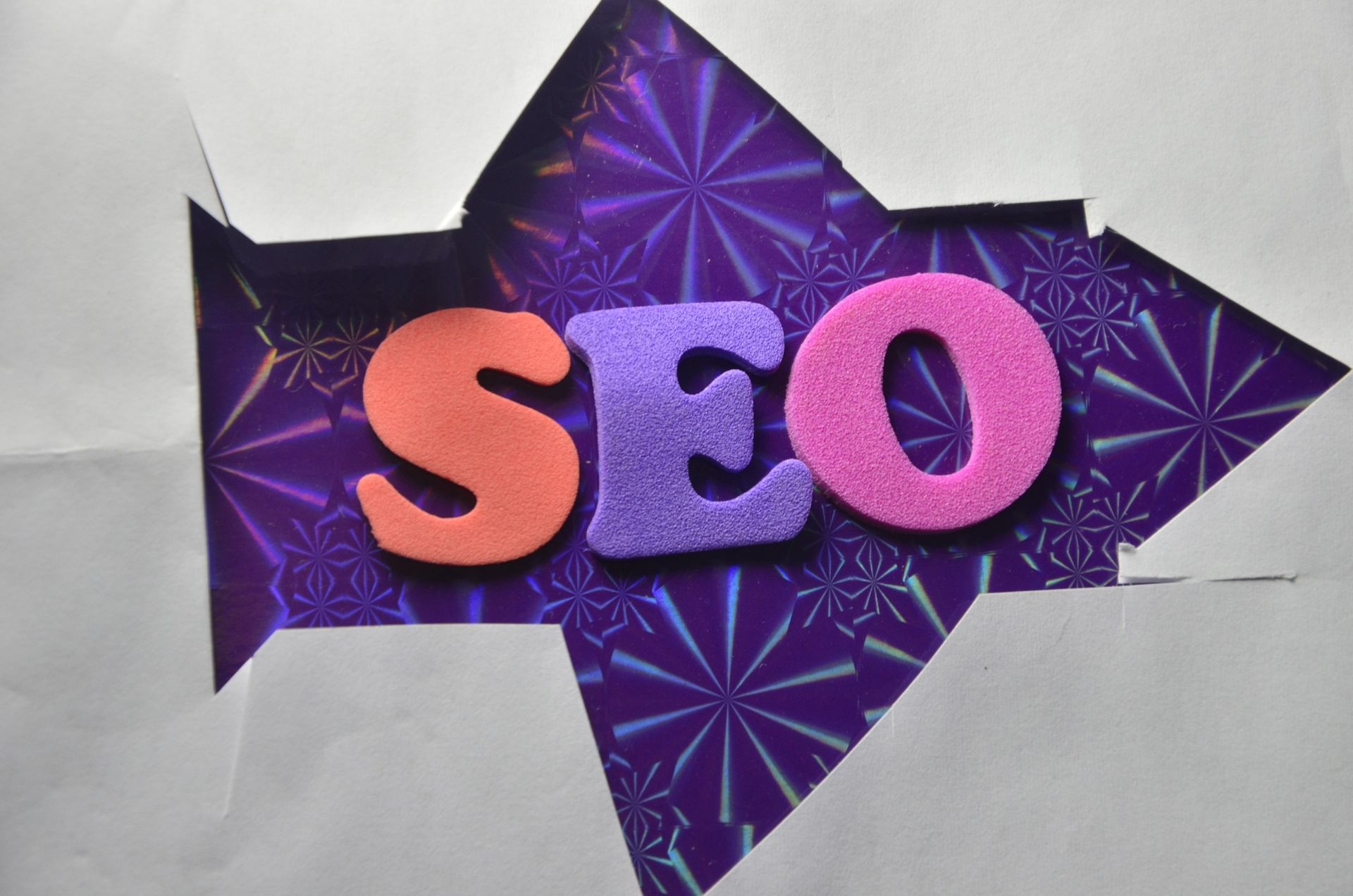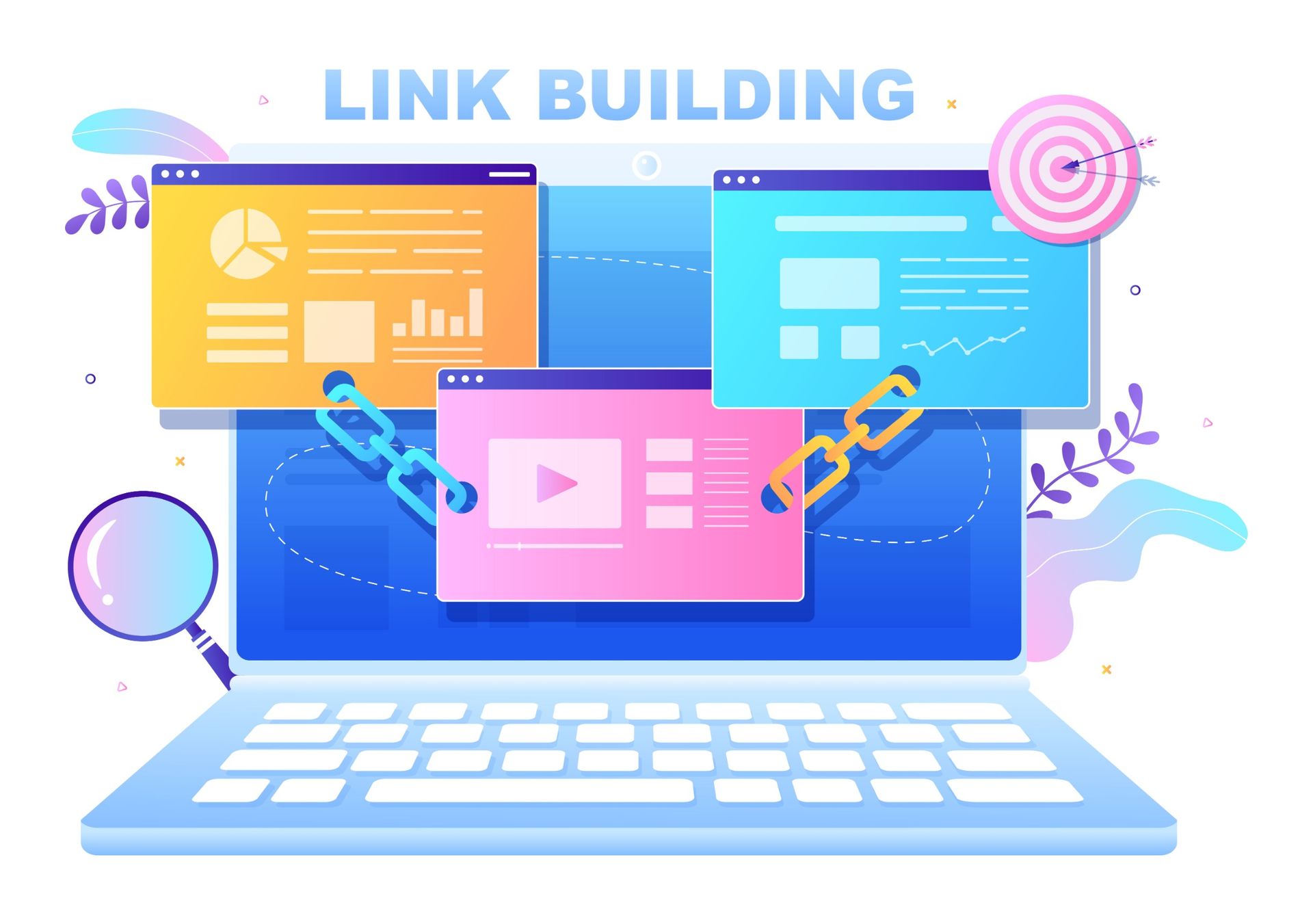What, Exactly, Determines Your PPC Keyword Price?
When it comes to Pay-Per-Click (PPC) advertising, understanding how keyword pricing works is crucial to effectively managing your budget and getting the best return on investment. Keyword prices can fluctuate dramatically, and what determines those prices can sometimes feel like a mystery wrapped in a riddle.
Yet, these are not arbitrary numbers; they are the result of a complex interplay of factors. This blog post aims to unravel these complexities and provide clear insights into what exactly determines your PPC keyword price.
Let's dive in and demystify the process!
Understanding the Auction Process - How Keyword Bidding Works
At the heart of PPC keyword pricing is the auction process. Every time someone conducts a search that triggers your ad, a lightning-fast auction takes place to determine which ads will be displayed and where. Here are the key factors that determine the outcome:
- Bid Amount: This is what you, as an advertiser, are willing to pay each time a user clicks on your ad. The higher your bid, the better your chances of winning the auction.
- Quality Score: Google’s assessment of the quality and relevance of both your keywords and PPC ads. It considers factors like your click-through rate (CTR), the relevance of each keyword to its ad group, and the quality of your landing page.
- Ad Rank: This is a value that's used to determine your ad position. It's calculated using your bid amount and your Quality Score. The ad with the highest Ad Rank gets to show up first in the search results.
- Competition: The more advertisers bidding on a particular keyword, the higher the cost. Highly competitive keywords (like "insurance" or "mortgage") tend to be more expensive.
Understanding these factors can help you strategize your PPC campaigns more effectively and get the most out of your ad spend.
Quality Score and Why It Affects Your Ads
Quality Score is a critical component in determining your PPC keyword price. It's Google's way of ensuring that the ads that appear on its pages are relevant and helpful to users. Here are some key points to understand about Quality Score:
- Relevance: Google looks at how relevant your keyword is to your ad text and to what a user is searching for. The more relevant your keyword, the higher your Quality Score.
- Landing Page Quality: Google assesses the quality of your landing page. If your page is user-friendly, relevant to the keyword and ad text, and provides a good user experience, your Quality Score will be higher.
- Historical Performance: Your account’s historical performance on Google can also influence your Quality Score. If you have a history of high click-through rates, this indicates to Google that your ads are helpful and relevant to users, which can boost your Quality Score.
- CTR: Your ad's click-through rate (CTR) is another factor that Google considers. A high CTR suggests that users find your ad helpful and relevant, which can increase your Quality Score.
Location Targeting – How Region and Language Influence Your Price
Geographic areas and languages can heavily influence the cost of your keywords. Here's why:
- Market Density: If you’re targeting a region with a high density of advertisers, the competition for keywords can drive the price up.
- Search Volume: Areas with a high search volume may have higher keyword prices due to increased competition.
- Local Relevance: Locally relevant keywords may cost more because they are more likely to lead to successful conversions.
- Language: The language that you're targeting in your PPC campaign affects the keyword price as well. Languages spoken by a larger audience tend to have higher competition, leading to a higher keyword price.
Therefore, careful consideration of location and language targeting can help you better allocate your PPC budget and increase the efficiency of your campaigns.
Relevancy of Your Ad Copy – Does Content Matter in PPC Advertising
The accuracy and relevance of your PPC ad copy greatly impacts both the performance of your campaigns and your keyword pricing. The better your ad text matches with the keywords and the search intent of the users, the more likely your ads will be clicked.
This increases the Quality Score and thereby reduces the cost of your keywords. The relationship between your ad copy and keyword pricing can be primarily understood in terms of:
- Keyword Relevance: Ad copy that accurately reflects the keywords you're bidding on will increase your ad's relevance. The higher the relevance, the higher your Quality Score and the lower your PPC keyword price.
- User Intent: Understanding and matching the user's search intent in your ad copy can significantly improve the click-through rate. More clicks signal to Google that your ad is meeting users' needs, thus increasing your Quality Score and lowering your keyword price.
- Call to Actions (CTAs): Effective CTAs in your ad copy can drive higher engagement, leading to an increased CTR. This not only improves your Quality Score but also reduces your keyword price.
- Focusing on Benefits: Highlighting the benefits or unique selling points of your product or service in the ad copy can make your ad more appealing to potential customers, leading to a higher CTR, improved Quality Score, and reduced keyword price.
By crafting relevant, engaging ad copy, you can significantly reduce your PPC keyword price while increasing the effectiveness of your advertising campaigns.
Competition Level for Keywords – Is There a Demand for Your Terms
The level of competition for your chosen keywords is another determining factor in your PPC keyword pricing. Essentially, popular keywords that many businesses want to rank for will be more expensive. Here's why:
- Keyword Popularity: If a keyword is widely searched for, it's considered popular. These keywords tend to have high competition because they can potentially drive a lot of traffic. Consequently, bidding for these keywords can be more expensive.
- Number of Advertisers: The more advertisers are bidding on a specific keyword, the higher the price will be. This is simply due to the supply and demand principle - high demand (lots of advertisers wanting the keyword) and limited supply (only so many top spots on the search results page).
- Industry: Some industries are more competitive than others. For instance, the legal, financial, and insurance sectors often have high competition levels because the potential return on investment is so high.
- Quality of Ads: Even for highly competitive keywords, if your ads are of high quality (relevant and engaging), they can still win in the auction against other advertisers who are bidding higher prices, but have lower quality scores.
Understanding the competition level for your keywords can help you make better-informed decisions about which keywords to bid on and how much to spend.
How Timing Impacts Cost Per Click (CPC) Rates
The timing of your PPC campaigns can significantly impact your Cost Per Click (CPC) rates. Here's why:
- Peak Hours: Certain times of the day might attract more search traffic for your keywords. Running your ads during these peak hours can increase visibility but also drive up the cost due to increased competition.
- Off-Peak Hours: Conversely, running your ads during off-peak hours might cost less but may not attract as much traffic. However, it could be a useful strategy if you're on a tight budget.
- Day of the Week: Depending on your industry, certain days of the week might see higher search volumes than others. Identifying these patterns can help you plan your campaigns more effectively.
- Seasonality: Certain industries see seasonal spikes in search traffic. For instance, e-commerce businesses might see increased traffic during the holiday season. Planning for these seasonal fluctuations can help optimize your ad spend.
Understanding the impact of timing on your CPC rates can help you make more strategic decisions about when to run your ads, ultimately optimizing your PPC budget.
About Us
VFR Direct, LLC can be your one-stop shop if you need quality digital marketing solutions for your business. Our services include Google Ads, SEO, listings, social posting, content, Facebook Ads, and website development. For more details, contact us at
(623) 252-5620 or
contact@vfrdirect.biz. Schedule a free 1-on-1 consultation with our specialist or send us a message on our contact form!


![How To Create a Social Media Calendar [2023 Guide]](https://lirp.cdn-website.com/bb4b91bd/dms3rep/multi/opt/64904313_m_normal_none+%281%29-1920w.jpg)
